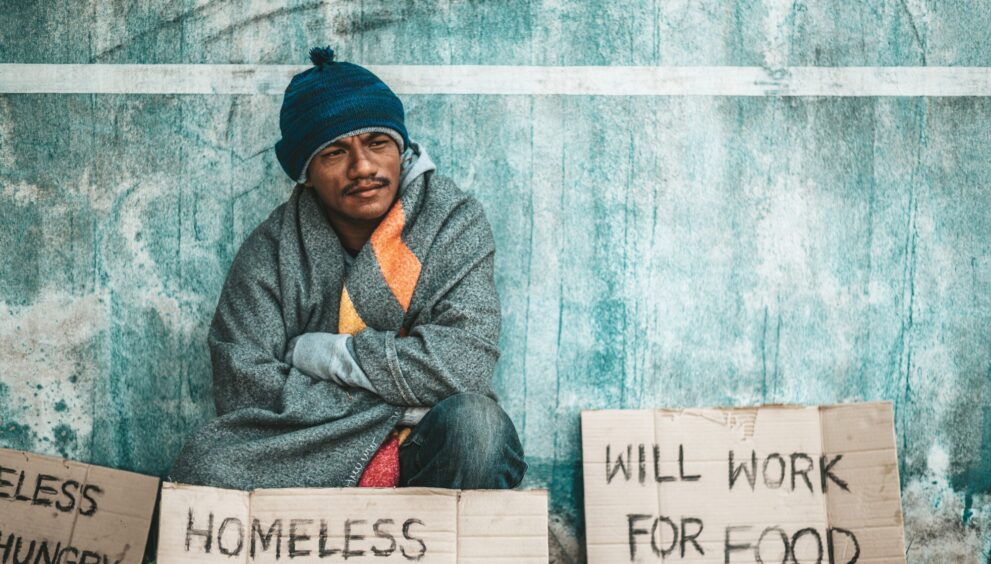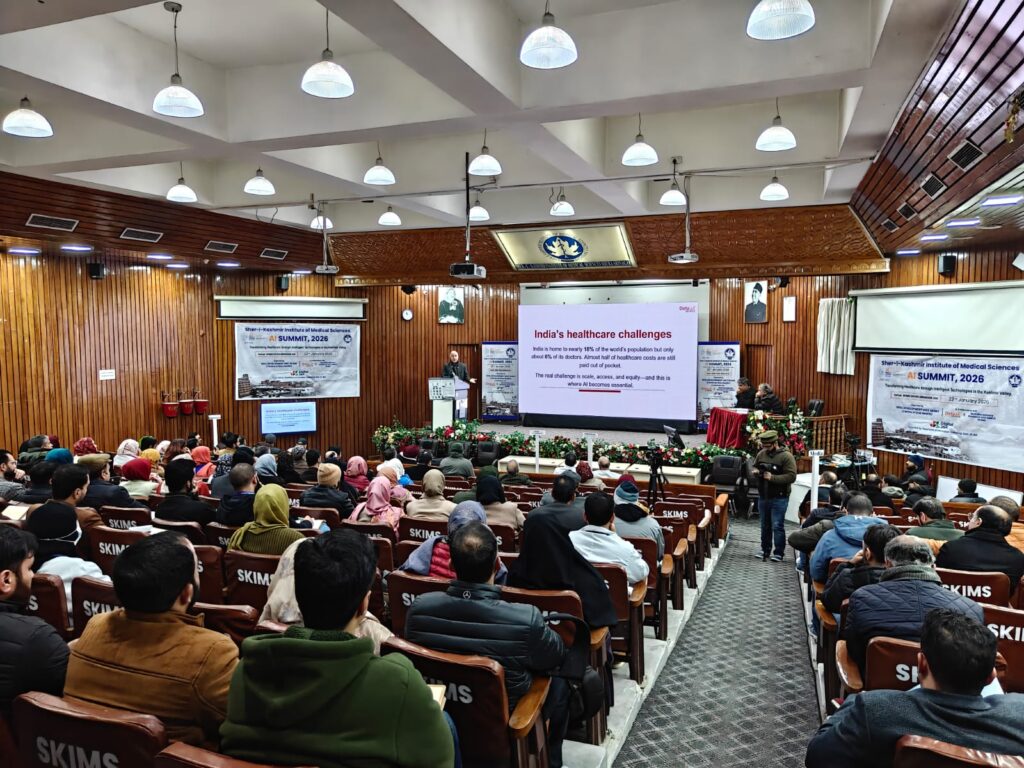At current rate, ending poverty for half the world could take over a century
The global goal of ending extreme poverty—defined as living on $2.15 or less per person per day—could take three decades or more to achieve
Author
Author
- admin / 1 year

- 0
- 3 min read

Author
At today’s feeble pace, it could take more than a century to eliminate poverty as it is defined for nearly half the world – people who live on less than $6.85 per day, according to the World Bank’s new Poverty, Prosperity, and Planet Report.
The report released in Washington on Tuesday offers the first post-pandemic assessment of global progress toward eradicating poverty and boosting shared prosperity on a livable planet.
The global goal of ending extreme poverty – defined as $2.15 per person per day – by 2030 is out of reach: it could take three decades or more to eliminate poverty at this threshold, which is relevant primarily for low-income countries.
Almost 700 million people – 8.5 percent of the global population – live today on less than $2.15 per day, with 7.3 percent of the population projected to be living in extreme poverty in 2030. Extreme poverty remains concentrated in countries with historically low economic growth and fragility, many of which are in Sub-Saharan Africa.
Today, 44 percent of the world’s population lives on less than $6.85 per day, the poverty line for upper-middle-income countries. The number of people living under this poverty line has barely changed since 1990 due to population growth.
“After decades of progress, the world is experiencing serious setbacks in the fight against global poverty, a result of intersecting challenges that include slow economic growth, the pandemic, high debt, conflict and fragility, and climate shocks,” Axel van Trotsenburg, World Bank Senior Managing Director said. “Amid these overlapping crises, a business-as-usual approach will no longer work. We need a fundamentally new development playbook if we are to truly improve people’s lives and livelihoods and protect our planet.”
Progress in reducing the Global Prosperity Gap, the World Bank’s new measure of shared prosperity, has stalled since the COVID-19 pandemic, highlighting a slowdown in inclusive income growth over this period. On average, incomes around the world would have to rise five-fold today to reach the level of $25 per person per day, the minimum prosperity standard for high-income countries.
The number of economies with high income inequality has declined over the past decade. Yet, 1.7 billion people – 20 percent of the global population – still live in high-inequality economies, concentrated mostly in Latin America and the Caribbean, and Sub-Saharan Africa.
High inequality reflects a lack of opportunities for socioeconomic mobility, which hinders prospects for inclusive growth and poverty reduction.
Weather shock
Nearly 1 in 5 people globally are likely to experience a severe weather shock in their lifetime from which they will struggle to recover. Almost all those exposed to extreme weather events in Sub-Saharan Africa are at risk of experiencing welfare losses due to their high vulnerability.
Future poverty reduction requires economic growth that is less carbon emissions-intensive than in the past. Reducing extreme poverty would not come at a high cost for the planet, since the poorest countries contribute relatively little to emissions.
However, reducing poverty at the higher standard of $6.85 per day – the poverty line typical of upper-middle-income countries – could lead to a significant increase in emissions. Each country needs a tailored approach based on their income-level, prioritizing certain policies and managing synergies and trade-offs across goals.
Also read: COVID-19 pushes 100M into extreme poverty, global economy loses $22 trillion – First Check









